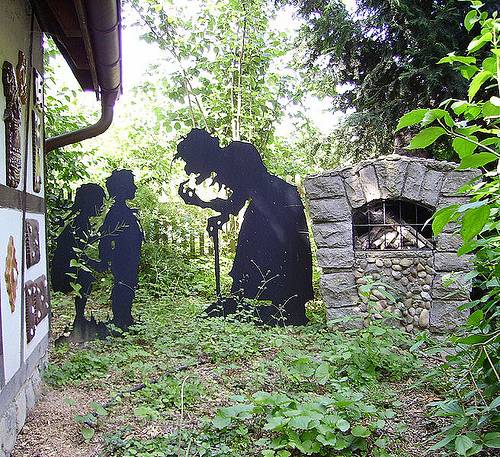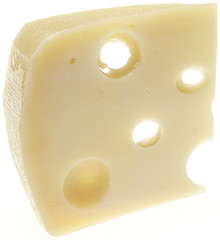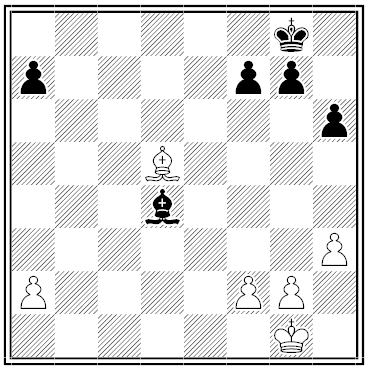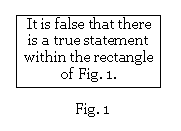
In a 1952 survey of 200 traditional nursery rhymes, Geoffrey Handley-Taylor found that about half were “glorious and ideal for the child.” The others contained:
- 8 allusions to murder (unclassified)
- 2 cases of choking to death
- 1 case of death by devouring
- 1 case of cutting a human being in half
- 1 case of decapitation
- 1 case of death by squeezing
- 1 case of death by shriveling
- 1 case of death by starvation
- 1 case of boiling to death
- 1 case of death by hanging
- 3 cases of death by drowning
- 4 cases of killing domestic animals
- 1 case of body snatching
- 21 cases of death (unclassified)
- 7 cases relating to the severing of limbs
- 1 case of the desire to have a limb severed
- 4 cases relating to the breaking of limbs
- 1 allusion to a bleeding heart
- 1 case of devouring human flesh
- 9 threats of death
- 1 case of kidnapping
- 12 cases of torment and cruelty to human beings and animals
- 8 cases of whipping and lashing
- 3 allusions to blood
- 14 cases of stealing and general dishonesty
- 15 allusions to maimed human beings and animals
- 2 allusions to graves
- 23 cases of physical violence (unclassified)
- 1 case of lunacy
- 16 allusions to misery and sorrow
- 1 case of drunkenness
- 4 cases of cursing
- 1 allusion to marriage as a form of death
- 1 case of scorning the blind
- 1 case of scorning prayer
- 9 cases of children being lost or abandoned
- 2 cases of house burning
- 9 allusions to poverty and want
- 5 allusions to quarreling
- 2 cases of unlawful imprisonment
- 2 cases of racial discrimination
“Expressions of fear, weeping, moans of anguish, biting, pain and evidence of supreme selfishness may be found in almost every other page.”




